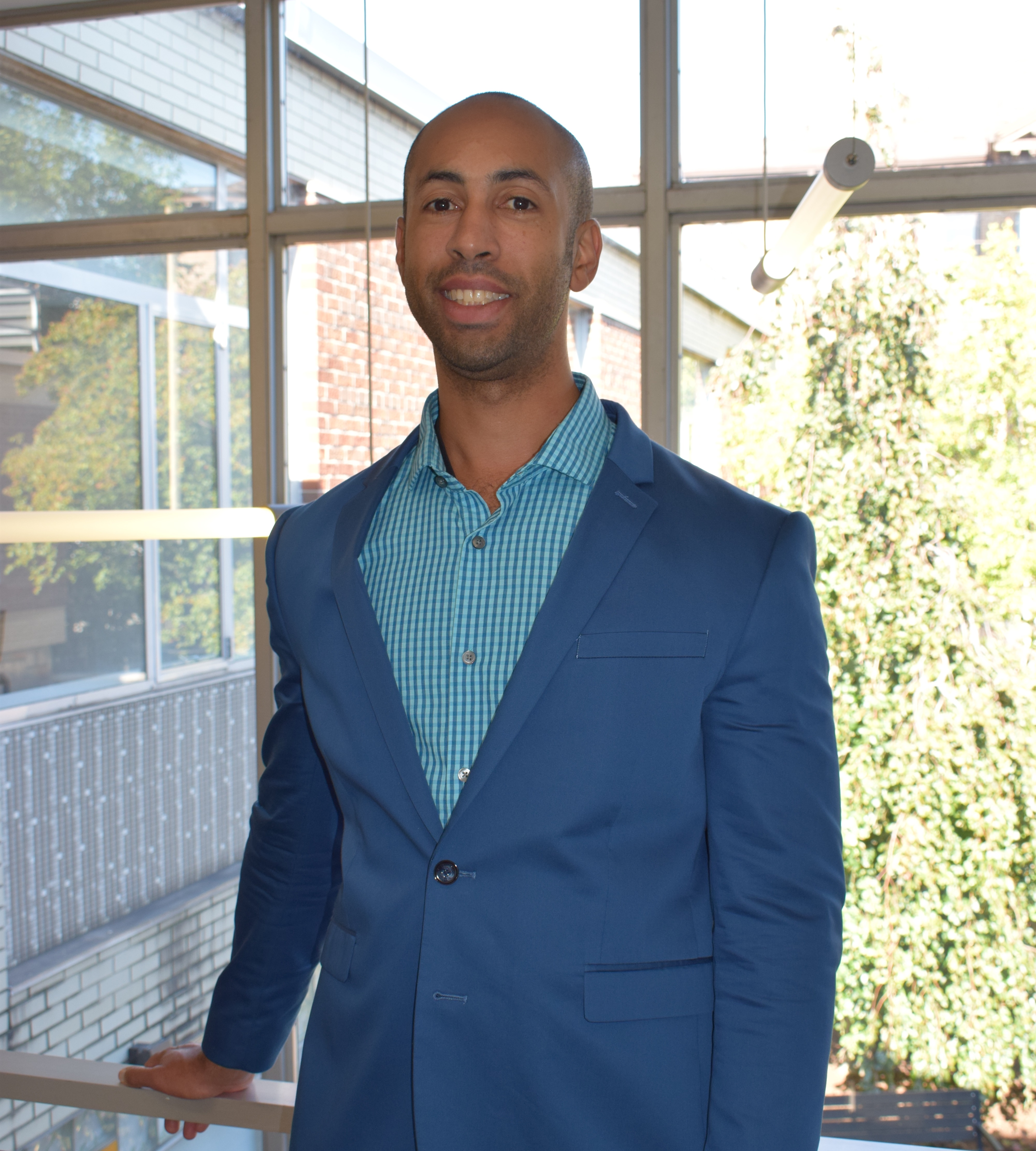Social Work PhD student seeks to unearth the secret of success for WSU students in recovery
 Wayne State University School of Social Work Doctoral Program student Michael Broman has received a Blue Cross and Blue Shield of Michigan Foundation Student Award Program grant to study the barriers and facilitators to substance use disorder recovery among college students.
Wayne State University School of Social Work Doctoral Program student Michael Broman has received a Blue Cross and Blue Shield of Michigan Foundation Student Award Program grant to study the barriers and facilitators to substance use disorder recovery among college students.
The BCBS Student Award Program supports medical and doctoral students in Michigan who aim to improve health and/or health care within the state. Award recipients utilize their stipends to achieve real outcomes creating applied research, pilot programs, demonstrations and evaluation projects.
The rate of substance use disorder is almost three times higher among people ages 18-25 than among the general population aged 12 and older (Kimball et al., 2017; SAMHSA, 2020) and substance misuse is prevalent on college campuses, which are often saturated with bars, liquor stores, and parties at which people consume alcohol and other drugs in heavy quantities. Conversations about substance use are endemic, occurring in dorms, student centers and classrooms. All of these factors produce an environment that may be hostile to students who choose to minimize or abstain from substance use entirely.
Some college students attempt recovery from substance use issues, which is often defined as abstinence from alcohol and other non-prescribed drugs along with a commitment to health and well-being. Building a sense of community - simply, feeling that one fits in - appears to be an important protective mechanism. The urban, commuter campus features scattered people, places, and activities (Patel, 2019) and thus may produce additional challenges for students in recovery, who benefit from building a sense of community. These students are known to face barriers on campus, not only those described above but also a lack of needed services. To address this, collegiate recovery programs (CRPs) providing activities, meetings, counseling and other services for students in recovery have sprung up, but they are only available on about 5% of campuses nationwide.
To date, no studies have specifically addressed how students in recovery on such campuses overcome challenges and build community. With the support of a faculty mentor Stella Resko, PhD, Social Work associate professor and coordinator of the Certificate in Alcohol and Drug Abuse Studies (CADAS), Broman will unearth how students in recovery at Wayne State have overcome challenges and built a sense of community.
Ultimately, I plan to use these findings to promote programming and policies that meet the needs of these students and those who will follow in their footsteps in the future. I am proud to be part of a strong community committed to ensuring the wellbeing of all Warrior students. - Michael Broman
To facilitate participant recruitment and data management, Broman will also be collaborating with fellow Social Work colleagues including doctoral student Emily Pasman, Associate Professor Suzanne Brown, PhD, Professor and Associate Dean of Academic and Faculty Affairs Debra Patterson, PhD and Center for Social Work Research Associate Director for Research Administration, Elizabeth Agius. The Counseling and Psychological Services (CAPS) will also assist in recruiting WSU students to participate in the study.
In addition to his Social Work PhD studies concentrating on policy and practice, Broman also serves as a Wayne State Dean's Diversity Fellow. He received his master's in social work at Wayne in 2016 and practiced in the fields of both substance use disorder treatment and prevention. Learn more about Broman's research.